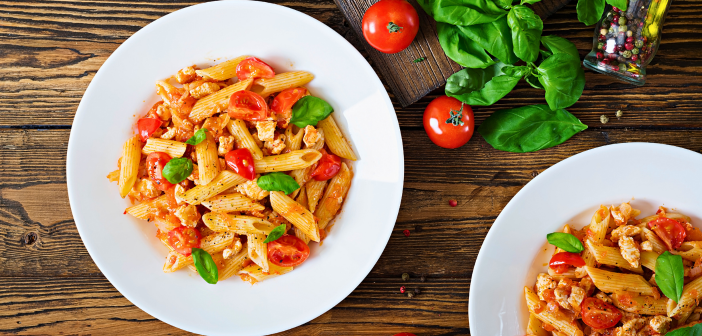We’re excited to announce our collaboration with Southeast Nutrition Clinic, who will be sharing a series of blog posts with us in the coming weeks. Southeast Nutrition Clinic is composed of registered dietitians, clinical nutritionists, and performance nutritionists whose ethos and aim is to bridge the gap between nutritional science and daily choices. You can find more information about them HERE
The biggest issue we see working with athletes in our clinic is low carb intakes relative to requirements. As sports nutrition experts, about 9/10 of the athletes we work with get the recommendation to “dramatically increase their carb intake” – you may be wondering why, in this first of a series of nutritional snippets we are adding to this blog post, we’ll do our best to give you a relatively short answer, so let’s take a look.
When it comes to endurance performance, one macronutrient stands above everything else – carbohydrates. This group of foods serve as our main energy source for our body, playing a huge role in both health and sports performance.
The process of carbohydrates being broken down to produce adenosine triphosphate (ATP), is the quickest way to generate energy for working muscles Along with this, glycogen, which is the storage form of carbohydrates in our muscles and liver, serves as a readily available reservoir of energy during exercise (like a petrol tank for athletes), and adequate glycogen stores are crucial for delaying fatigue and maintaining exercise performance. We use carbohydrates to pay the energy bill for working out.
The more an individual exercises, the greater amounts of carbohydrates they need. For example, a 70kg athlete may need to eat anywhere from 210-840g of carbs per day, depending on training intensity and volume. The below amounts are recommendations for carbohydrate intakes depending on an athletes training load on any given day. For reference, a slice of bread is about 15g carbs, most energy gels are 20-30g carbs and a bagel is about 40-50g carbs, just to get a feel for the numbers here.
· very light training (low intensity) – 3-5g/kg bw
· mild intensity (1 hour or so/day) – 5-7g/kg bw
· moderate high intensity training (1-3 hours/day) – 6-10g/kg bw
· very high intensity training (>4 hours/day) – 8-12g/kg bw
Now that you know how many carbohydrates to aim for, it is important to consume them from the correct sources. Before, during and after training you should consume high glycaemic index, highly digestible carbohydrates – think sugars such as sports gels, honey, maltodextrin, white sources white bagels, rice, pasta, and try to avoid large amounts of fibre or fat around training as this will slow down the rate of carbohydrate digestion and absorption. It’s important to bear in mind that healthy eating guidelines and sports nutrition guidelines are distinctly different from one another.
Of course, for your meals that aren’t around your training sessions, try to include fibrous sources such as oats, wholemeal grains, vegetables, and legumes as these will satiate you and contain lots of other nutrients vital to your health. Whilst we advocate for things like coco pops, energy gels and sports drink around exercise, we absolutely ensure all of our athletes meet their 5 a day, hit their fibre targets and get some colour in their palates
In the next blog post, we will break down the role and benefit of carbohydrate loading for competition, so keep an eye out. If you would like some assistance with your sports nutrition, you can click here to book in for a FREE discovery call HERE with our team to see how best we can help you. Otherwise, you can check out www.southeastnutritionclinic.com or the Fuel Better Podcast on all streaming platforms for some advice you can trust.
Southeast Nutrition Clinic is kindly offering a 20% discount on their Consulation Clinic HERE and Coaching Program HERE. Use code CYCLE20 to redeem the offer
Dylan Bowe – Clinical & Sports Nutritionist – Southeast Nutrition Clinic




